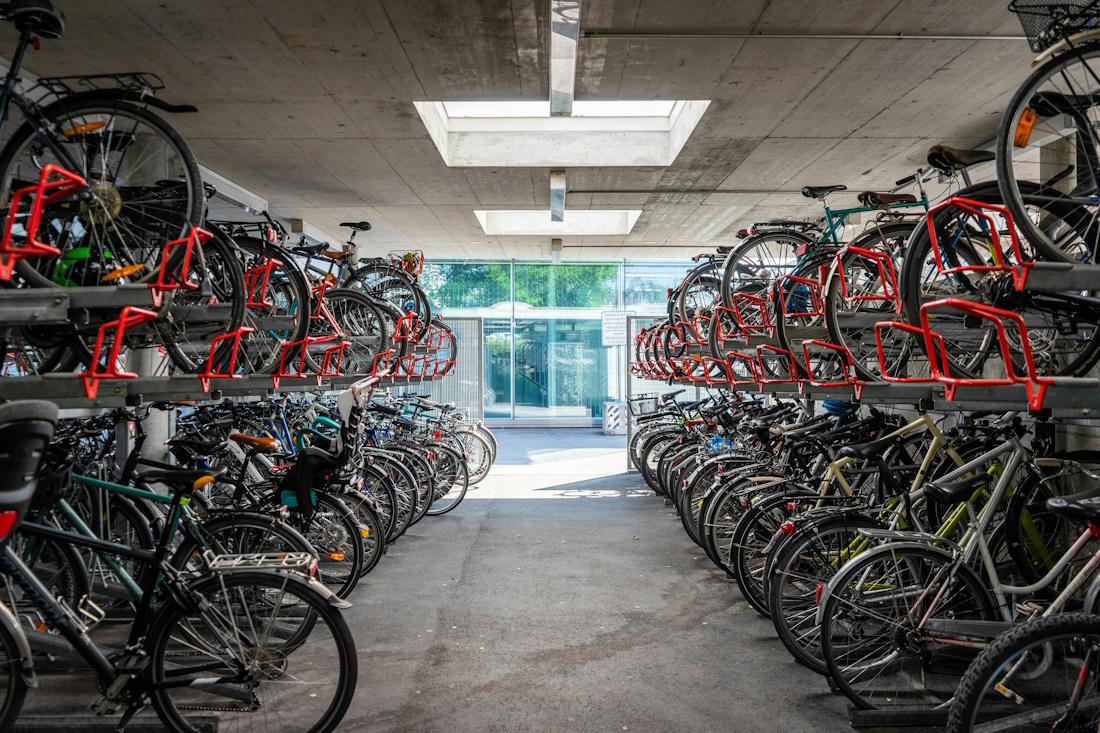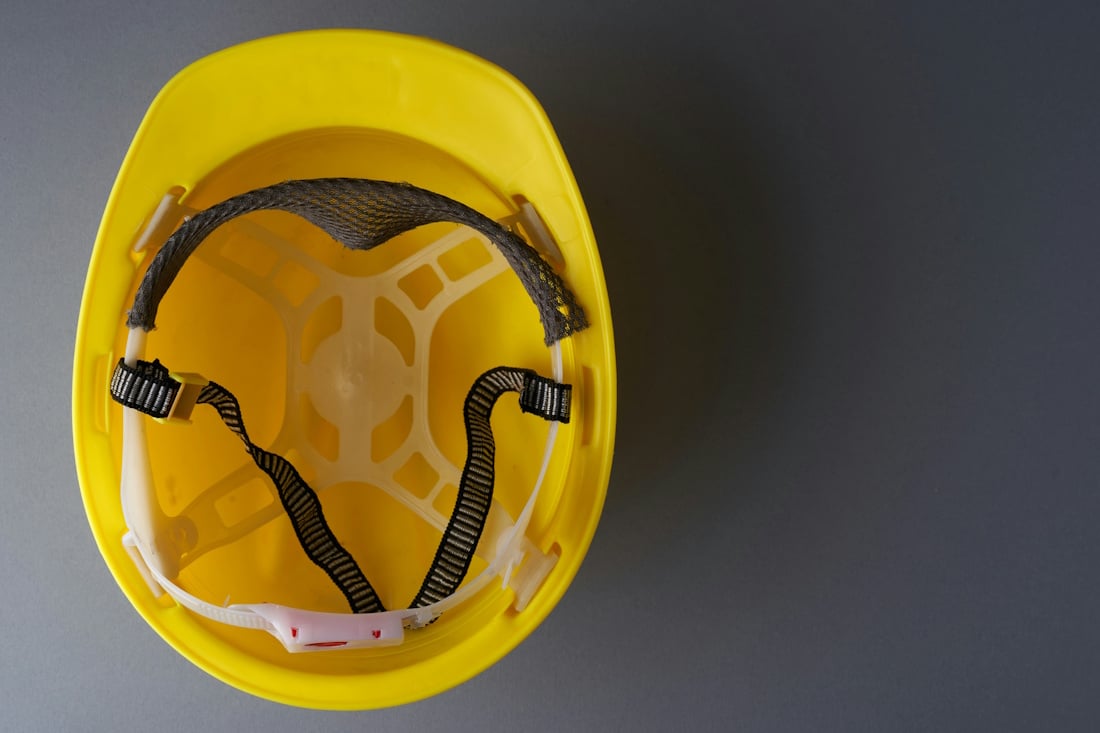The right workspace is crucial for any business, regardless of the type of office you are searching for. Viewing offices for rent provides the ideal opportunity to assess your options and find a new base for your business.
Our article will cover essential tips for viewing office space to help you make an informed decision.
Before Viewing Office Space
Plan Your Journey
Whether you’re looking for leased or serviced office space in London or elsewhere in the UK, carefully plan your journey to your viewings.
Central London areas such as Mayfair or Soho are a short walk from each other. However, if you’re viewing office space in areas which are further apart, like Farringdon and Southwark, you should ensure there is enough travel time between locations and know how you’ll get there.
Ensure the Spec Meets the Requirements
When you’re ready to view office space, you should know what size workspace and facilities you need. Serviced offices offer more flexibility regarding sizing and contracts, so it is important to account for current needs and potential growth.
Create a Checklist
Draft a list of non-negotiables and 'nice to haves' for your new office space. Include points such as meeting room capacity, breakout facilities, and natural light. This list will ensure you stay focused on what is essential to your workspace and help you streamline the decision-making process.

Bring a Colleague
Another point of view can help you balance decisions. If not on the first viewing, then consider taking a colleague with you to any second (or third) viewings. They may notice aspects you’ve missed or have questions you hadn’t previously asked.
Things to Consider During Viewings
Visualise the Space
Imagine what it would be like to work from the office daily. Consider desk placements, breakout areas and meeting rooms. Think about how the layout would affect your team’s workflow, especially if you have a hybrid team or rely on collaboration.
Ask About Maintenance
Ensure you understand who is responsible for maintenance and enquire about response times. A good landlord will prevent disruptions to your day and enhance the working environment.
In a serviced office setup, the provider maintains both the office you rent and the building itself. However, in a leased space, the tenant is normally responsible for the office. It’s important to understand how the facilities/space/furniture you see is maintained when on a viewing.

Find Out About Exterior Signage Options
If your company relies on brand visibility, check if you can display signage on the building or in the lobby. It is important to note certain office providers may not allow branding in communal spaces.
Examine Lighting and Furniture
Good lighting and quality furniture are crucial for a productive working environment.
Assess natural light, as large windows can provide ample daylight, boosting morale and lowering utility bills. Areas without natural light should have high-quality artificial lighting which is bright enough to reduce eye strain.

Serviced offices are typically furnished, so it's important to inspect the quality of the furniture. Look for ergonomic chairs that support long sitting periods and desks with cable management features to keep workstations tidy.
Ensure there is lockable storage for employees’ personal items or sensitive information. Discuss with the provider if you require any customisations.
Check for 24/7 Access
If your company operates outside of traditional hours, ensure the building offers access when needed. Flexibility in opening hours is vital, especially for organisations that work across time zones or work late.
Assess Internet Speed & Reliability
Reliable internet is a must-have for any business. Test the Wi-Fi on your phone when viewing office space or bring a laptop to check wired connectivity. Make sure you check if the internet is included in the monthly cost or if there are additional costs for upgrades.
Test Mobile Signal Strength
Similarly, a mobile phone signal is crucial. Check the signal strength in different areas of the office and the building. This is important, especially in buildings with thick walls or basements, where the signal may not be strong enough.

Check Meeting Room Availability & Costs
Ask about how to book meeting rooms and how much they cost, if it’s a shared facility. You need to ensure you can have access to meeting space when you may need it.
Evaluate Reception & Client Services
First impressions are critical, so it is important to assess the professionalism of the reception staff. Friendly, organised staff can make a massive difference in how clients view your business. Confirm if additional services are included, such as call forwarding or mail handling.
Inspect Breakout Spaces & Networking Opportunities
Breakout spaces like lounges, tea points and event spaces are common in serviced offices. These areas are perfect for informal networking, allowing your team to connect with other businesses and offering potential for future collaborations.
Make sure these spaces are comfortable and balance relaxation and work.

Test Noise Levels & Privacy Options
Noise levels have a direct impact on productivity. Arrange your viewings during peak hours to get a feel for the noise levels. If your company deals with sensitive information, enquire about soundproofing or private spaces for discussions.
Look for Sustainability Features
A large proportion of Gen Z look for sustainability when choosing a workplace. Recycling facilities and energy-efficient features can also help if your company has sustainability goals. Many serviced office providers now boast B-Corp certifications, meaning they have been verified to meet high environmental standards.

Ask About Security & Emergency Procedures
Enquire about security measures such as CCTV, secure access and visitor protocols. Ensure the building also has clear fire safety procedures, including well-maintained safety equipment and clearly marked emergency exits.
Consider Health & Safety Standards
High health and safety standards help create a comfortable and productive workspace. Consistent climate control such as air conditioning and heating, good ventilation and regular cleaning provide a safe and hygienic workspace for your company.
Test Commute Times
How accessible your office is can directly impact employee satisfaction. Test the commute times during peak hours and ensure ample public transport options. An office which is easy to reach will improve punctuality.

Check the Availability of Parking/Bike Storage
Onsite car parking or secure bike storage options can significantly benefit employees who drive or cycle to work. Find out if onsite parking and cycle storage are available, whether they will cost more, and how accessible they are from the building entrance.

Enquire About Local Amenities
Local amenities such as shops, cafes and gyms can provide convenience whilst boosting work-life balance. Cafés are a great option for informal meetings or team lunches, enhancing productivity and morale.
Get Recommendations from Current Tenants
It can be difficult to speak to current tenants when viewing with a provider - however, if the chance arises, take it. Existing tenants offer valuable insights into the building management and the day-to-day experience.

Understand the Types of Businesses in the Building
Knowing your neighbours can be a great benefit. Would there be any businesses in the building that could cause an issue if you took space there? Or, do you see plenty of networking and business opportunities from other clients there?
After Viewing the Space
Clarify What’s Included in the Costs
Always review the pricing structure to confirm which services are included and which are additional. Internet and meeting room usage are often included in serviced offices; however, dedicated broadband and parking may cost extra.

Find Out About the Move-In Process
To minimise downtime, you need to ensure a smooth move-in process. Some serviced offices will offer support with setting up your IT and other essentials such as phones. Ask about timelines and assistance so you can move into your new space with minimal disruption.
Ask About Contract Length
Contract terms can vary greatly. Make sure your contract length is suitable and will allow for expansion or relocation if necessary.
Book a Second Viewing If Interested
A second or third viewing can help you realise details you may have initially missed, such as lighting at different times of the day or increased foot traffic. As mentioned previously, bringing a team member on a second viewing can offer a new perspective on suitability and overall functionality.
Viewing offices requires attention to detail and the ability to visualise a space. The tips above will help you make an informed choice and find the most suitable workspace for your organisation.







